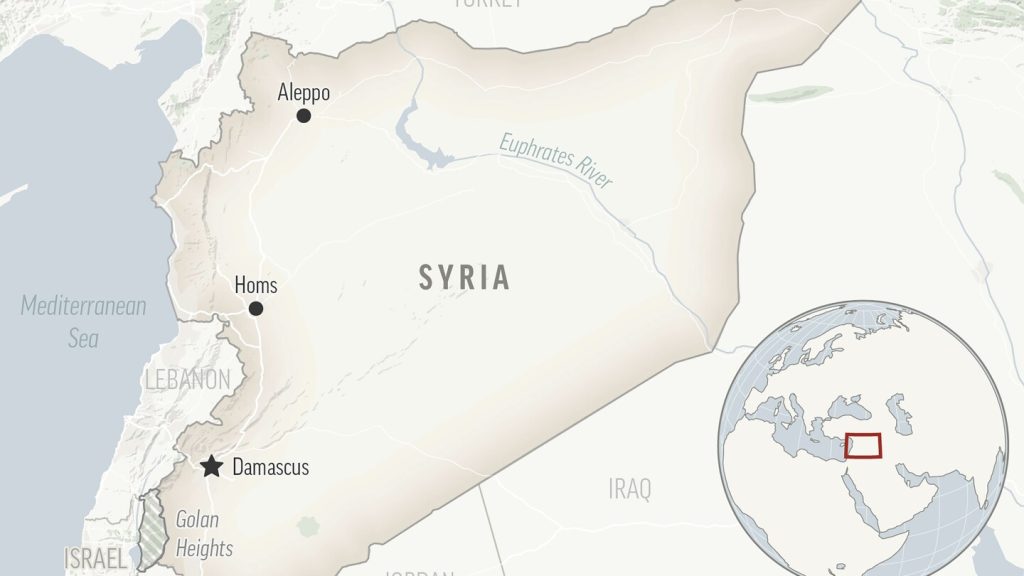The United States has successfully repatriated 11 of its citizens from overcrowded camps in northeastern Syria that house family members of suspected Islamic State militants. This repatriation, the largest conducted by Washington thus far, included five children and one non-U.S. citizen child. Additionally, as part of the same operation, the U.S. facilitated the repatriation of 11 other camp residents, eight of whom were children, to Canada, the Netherlands, and Finland. Despite the increasing pace of repatriations, many countries are still hesitant to bring back their citizens from the al Hol and al Roj camps, which currently hold around 30,000 individuals from over 60 countries.
These camps are managed by local authorities connected to the U.S.-backed, Kurdish-led Syrian Democratic Forces, which, along with coalition forces, defeated the Islamic State group in Syria in 2019, putting an end to its self-proclaimed Islamic “caliphate” that had control over a significant territory in Iraq and Syria. Human rights organizations have consistently highlighted the harsh living conditions and abuses within the camps and detention centers where suspected IS members are held. In response to these concerns, U.S. Secretary of State Antony Blinken emphasized the need for countries to repatriate, rehabilitate, reintegrate, and, when necessary, ensure accountability for any wrongdoing by their citizens in these facilities.
The repatriation efforts by the United States come amid a broader international debate on the handling of individuals linked to terrorist organizations, particularly women and children who may have been brought to conflict zones by family members. While some nations, such as neighboring Iraq, have opted to repatriate hundreds of their citizens from these camps, others have been more hesitant due to security concerns and challenges related to legal prosecution once individuals return to their home countries. The presence of children, many of whom were born or raised in these camps, adds a layer of complexity to the repatriation process.
The U.S. government’s decision to repatriate its citizens from the camps in northeastern Syria signals a proactive approach to addressing the humanitarian and security crisis in these facilities. By taking responsibility for its citizens and facilitating the return of children and other residents to countries like Canada, the Netherlands, and Finland, the U.S. aims to address the pressing needs of vulnerable individuals caught in the aftermath of the Islamic State’s defeat. This move also underscores the importance of international cooperation and coordinated efforts to ensure the well-being and future prospects of those impacted by the conflict in the region.
Moving forward, it remains crucial for countries to engage in dialogue and collaboration to navigate the complexities of repatriating individuals from conflict zones and providing the necessary support for their rehabilitation and reintegration. The challenges posed by the presence of suspected militants, as well as the humanitarian needs of women and children in these camps, require a comprehensive and compassionate response from the international community. As more countries weigh their options regarding repatriation, the case of the United States’ recent operation serves as a reminder of the importance of upholding human rights principles and addressing the root causes of radicalization and conflict to prevent future crises.


